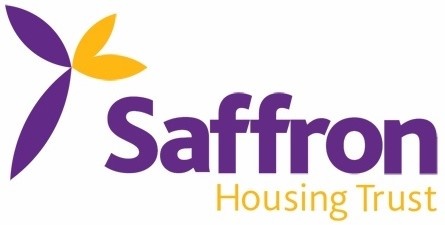Tenancy fraud is when a social housing property is occupied by someone who does not legally have the right to be there. We carry out Tenancy Audits to make sure the right people are living in them. We also work with partner agencies to investigate tenancy fraud if we receive a report of it.
There is currently a national housing crisis and a shortage of housing, so it is important that tenants' homes are being used by those assessed as needing social housing. Tenancy fraud causes significant social harm because it prevents the local community from having access to the limited supply of affordable housing. It can also lead to Anti-Social Behaviour in our neighbourhoods.
Types of tenancy fraud include:
- Unlawful subletting - where a tenant rents out their home without the permission of the landlord.
- Wrongly claimed succession - where a tenant dies, and someone tries to take over or succeed the tenancy which they are not entitled to do.
- False Right to Buy/Right to Acquire - where a tenant makes a Right to Buy or Right to Acquire application and gives false information in their application.
- Key selling - where a resident is paid to pass on their keys in return for a one-off payment.
- Unlawful assignment - where a tenant stops using their home as their main home and allows another person to live in the property without permission from the landlord.
- Gaining housing by deception - where a person gets a home by giving false information on their housing application.
- Abandonment - where a tenant moves out of a social housing property and leaves it empty without notifying the landlord of the change in circumstances.
Tenancy fraud is illegal. This means legal action can be taken against people caught committing tenancy fraud.
Housing benefit fraud is illegal and considered a serious offence which results in severe penalties.
Housing benefit fraud includes:
- Failing to declare income from employment, a student loan or bursary, occupational pensions, or tax credits.
- Not declaring savings, investments, or property you own.
- Not living at the property when you say you do.
- Claiming benefits in more than one identity.
- Not declaring that you are living with someone who is over 18.
- Changing the details of your pay.
- Failing to declare a private or occupational pension.
- Claiming housing benefit on a property that you own.
If you receive housing benefit, you must notify the government of any changes to your circumstances. Your claim might be stopped or reduced if you do not report a change of circumstances straight away.
We do not investigate housing benefit fraud. The Department for Work and Pensions investigates housing benefit fraud. If you suspect someone is committing housing benefit fraud you can report it on the government’s website by clicking here.


